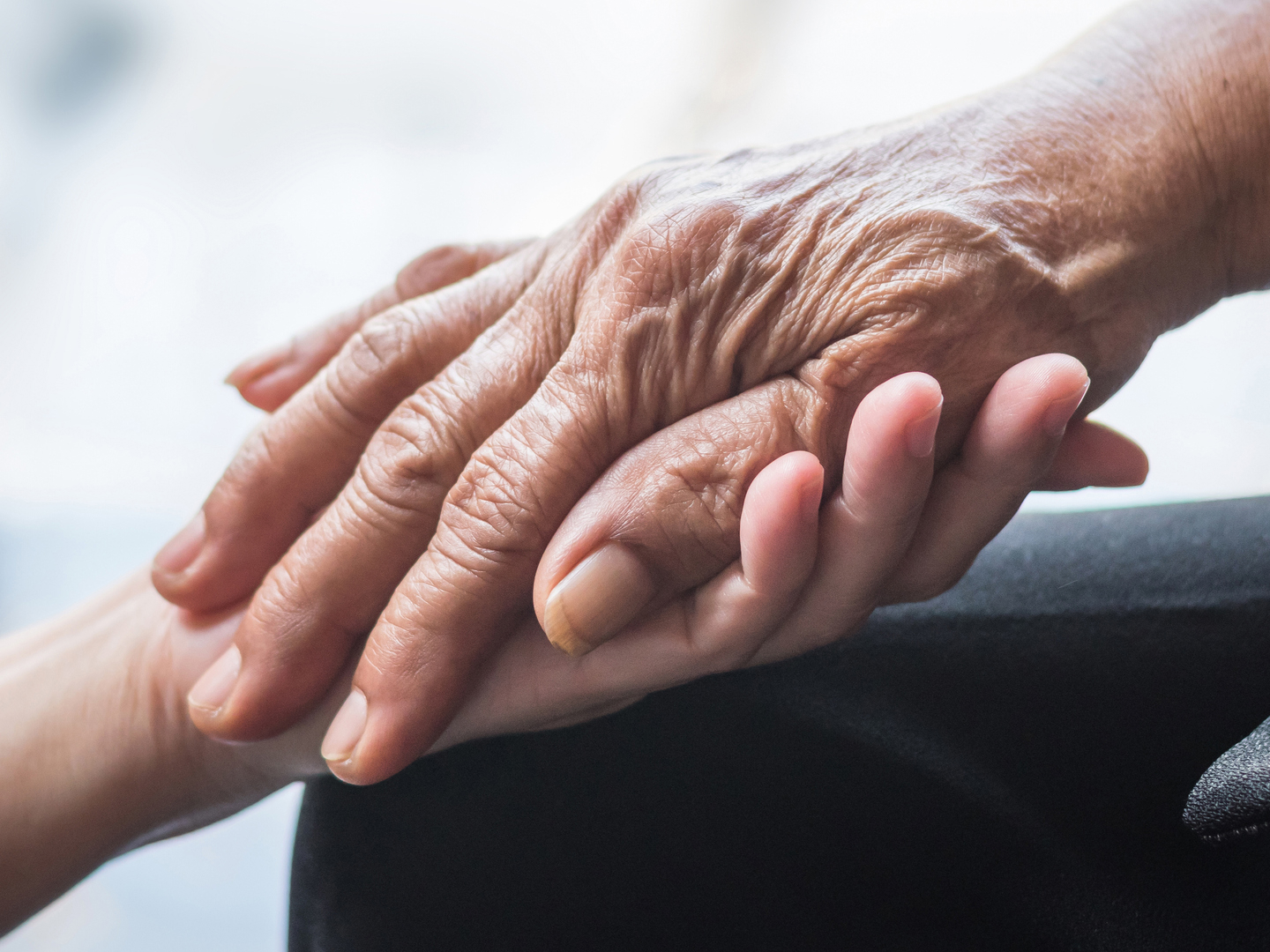
Protection for vulnerable adults
If you suspect that a vulnerable adult is hurt or requires protection, you may:
- Contact the police.
- Call the 24-hour National Anti-Violence and Sexual Harassment Helpline at 1800 777 0000.
Who is a vulnerable adult
A vulnerable adult (VA) is someone who meets all of the following criteria:
- Is at least 18 years old.
- Has a mental or physical infirmity (weakness), disability or incapacity, and because of it, is unable to protect themselves from abuse, neglect or self-neglect.
Examples of abuse, neglect or self-neglect for a VA include:
Abuse | Physical abuse. Emotional or psychological abuse. Conduct that controls or dominates the VA and causes the VA to fear for their safety or well-being. Conduct that unreasonably deprives (or threatens to unreasonably deprive) the VA of freedom of movement or well-being. |
Neglect | Lack of provision of essential care, causing (or being reasonably likely to cause) one or more of the following:
Examples of essential care include food, clothing, medical aid, lodging and other necessities of life. |
Self-neglect | The VA fails to perform essential tasks of daily living, such as eating, dressing or seeking medical aid. This results in the VA suffering from one or more of the following:
|
Refer to the Vulnerable Adults Act for more information.
The Family Courts can make orders to protect vulnerable adults. Find out about the types of protective orders:
Applicants can apply for the following types of protective orders for a VA:
Restraining order | Restrains the respondent from abusing or further abusing the VA. |
Exclusion order | Excludes the respondent from the VA's place of residence or a specified part of the VA's place of residence. |
Non-access order | Prohibits the respondent from entering an area outside the VA's place of residence or any other place frequented by the VA. |
Non-visitation or non-communication order | Prohibits the respondent from visiting or communicating with the VA. |
Expedited order | A temporary protective order that the court may issue if the VA is experiencing (or is in immediate danger of) abuse or neglect. |
Apply to protect a vulnerable adult step-by-step
This is the process to apply for a protective order for a VA.
If you file the application, you are the applicant.
The party against whom the application is filed is the respondent.
File an application
Find out the documents, fees and process to file an application to protect a VA.
Attend court
Both you and the respondent have to attend a court session known as a mention. If the respondent does not consent to the application during the mention, the court may refer the case for counselling or give you directions to prepare for a hearing at a later date. On conclusion of the hearing, the judge will decide the outcome of the application.
File an application, if needed
If you are not satisfied with an order made by the court, you may file an appeal.
You do not need a lawyer to file an application for a protective order. However, you may choose to engage one for your court mention or hearing. Find out where to get help.
Resources
- Vulnerable Adults Act: Processes at a glance
- Specimen Government Medical Certificate (DOCX, 18 KB) for absence from court attendance.
Legislation associated with this topic includes:
- Vulnerable Adults Act.
- Family Justice Act.
- For filings commenced on or after 15 October 2024: Part 3, Division 5 of the Family Justice (General) Rules 2024.
- For filings commenced before 15 October 2024: Part 17B of the Family Justice Rules 2014.
For filings commenced before 15 October 2024, refer to Part XIIA of the Family Justice Courts Practice Directions 2015.
Related questions
If you have received a summons to attend court for a protective order application for a vulnerable adult (VA), you must attend the court mention indicated in the summons. You are the respondent.
If you consent to the application during the mention, an order will be made and the case will conclude. If you do not consent to the application during the mention, the court may refer the case for counselling or give you directions to prepare for a hearing at a later date. On conclusion of the hearing, the judge will decide the outcome. Find out more about going to court for the application.
You may choose to seek legal advice on your options. Find out where to get help.








